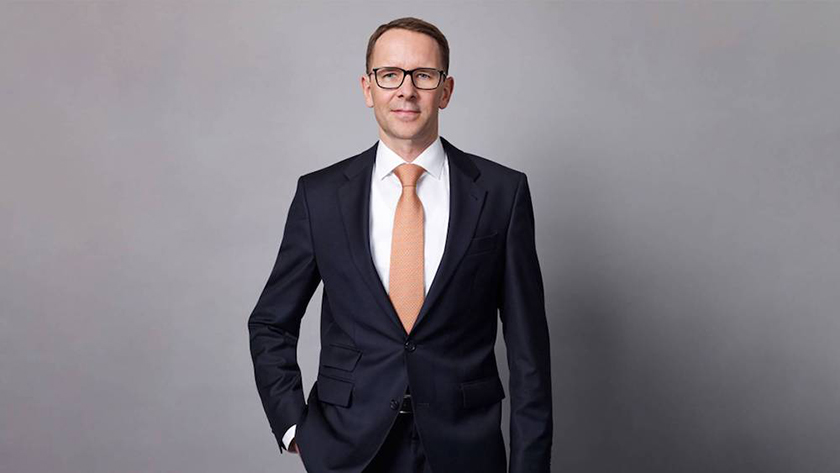More news
- Asian paint regulatory round up – Indonesian exterior paint still uses lead, warns W...
- Nigeria’s paint industry navigates regulatory changes and economic challenges amid p...
- Focus on the global coatings market: Global coatings market outlook
- Ask Joe Powder – October 2024
- Chinese paint majors look to domestic consumer sales as commercial real estate slumps

Wacker Chemie AG has confirmed that its 2023 sales and earnings fell markedly versus the previous year due to persistently weak market conditions. The chemical Group’s sales totaled €6.40bn last year, 22% less than in 2022 (€8.21bn). This decline was prompted primarily by lower prices and volumes.
The Group’s EBITDA (earnings before interest, taxes, depreciation and amortisation) reached €824M in 2023 (2022: €2.08bn), down 60%. The decrease stemmed not only from lower prices, but also from Germany’s ongoing high energy costs and from globally high raw-material costs. Additionally, lower sales volumes dampened plant-utilisation rates. In contrast, savings from the Group’s ongoing efficiency programmes buoyed earnings.
Due to the factors described above, EBIT (earnings before interest and taxes) dropped 76% to €405M (2022: €1.68bn). Depreciation and amortisation amounted to €419M, up slightly on the previous year (€402M). Net income for 2023 came in at €327M (2022: €1.28bn).
READ MORE:
Revolutionising the matrix: Binding together inorganic and organic elements
Wacker’s dividend policy is to distribute about 50% of net income to shareholders. The Executive and Supervisory Boards will therefore propose a dividend of €3.00 per share at the Annual Shareholders’ Meeting. Based on the number of dividend-bearing shares as per December 31, 2023, the cash dividend corresponds to a payout of €149M.
“The global industrial engine began to stutter in 2023 and the chemical industry in particular faced strong headwinds. We were not immune to this,” said President & CEO Christian Hartel (pictured) on Tuesday in Munich. “There were hopes early in the year for a demand recovery in the second half, but it did not materialise. Inflation rates remained high. Price pressure increased. Compared internationally, energy prices in Germany were still high. High raw-material costs worldwide had an additional impact on the industry. As a result, we did not match our record figures of 2022.”
When speaking about expectations for 2024, Hartel said: “The weak economy continues to affect customer order trends in numerous application fields. While demand for silicones picked up in some customer sectors at the start of the year, there is still some constraint, particularly in the construction industry. There is no lasting turnaround in demand currently in sight.”







